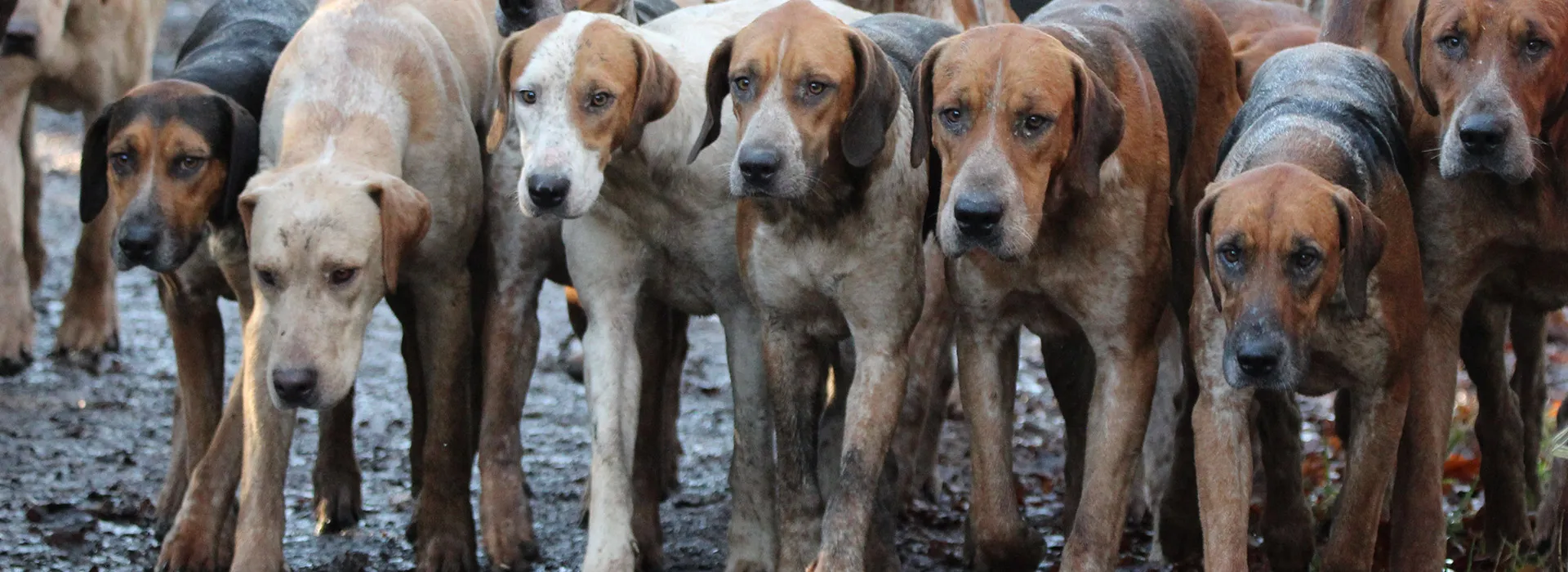A concerted campaign of major disruption is being planned by pro-hunt militants following last week’s protests outside Parliament.
Extremists are plotting blockades of fuel depots similar to those that forced Ministers to declare a state of near emergency two years ago. A weekly closure of key motorway junctions throughout the UK is also being seriously considered.
Plans to bring Britain to a standstill follow ugly scenes when pro-hunt supporters attempted to storm Parliament as MPs debated the hunting Bill.
Messages intercepted on the internet by anti-hunt campaigners after the violence indicate hardline pro-hunt factions are preparing for a radical campaign of confrontation and disruption. Members of one radical splinter group, the Countryside Action Network, were known to be in the parliamentary protests during which smoke bombs were hurled and an MP was shot at with a flare.
A move to replicate the fuel blockades – which brought intense embarrassment to the Blair administration – could dwarf the protests of 2000. The Countryside Action Network, for instance, has more than 4,000 members compared to the several hundred activists who masterminded the original fuel blockades.
According to pro-hunt campaigners, the fuel protests would be timed to take advantage of British troops preparing for war as well as capitalising on any future strikes by firemen.
‘It only took a hundred or so to blockade the fuel depots, and look at the trouble the Government were in over that one,’ said one.
During the original fuel protests, panic buying of petrol closed hundreds of filling stations while emergency services were restricted to all but non-essential calls.
Other plans touted by pro-hunt activists include blocking motorway junctions for half an hour at every fifth junction of every motorway on every Monday morning.
The move would cause unprecedented disruption to Britain’s increasingly congested road network.
‘Maybe the country losing millions a day might make these so-called leaders of ours listen to the people,’ one message from a pro-hunt campaigner read. Another added: ‘Action in all the main cities at the same time is the next step.’
Others confirm a damaging split between the Countryside Alliance – which organised a successful march in September that drew more than 400,000 – and hardline factions.
Until now the Countryside Alliance has negotiated with Alun Michael, the Rural Affairs Minister, while urging people to be law-abiding.
However, the organisation has indicated it can no longer control the behaviour of individuals as the Hunting Bill progresses through the Commons. Many believe the alliance has been too conciliatory and increasingly believe ‘positive action’ is the only way forward.
Janet George, spokeswoman for the Countryside Action Network, said: “The Countryside Alliance don’t seem to have the bottle. They don’t seem to be prepared to drop their cuddling up to Labour.
‘People are starting to realise we have a war on. It’s really a case of doing enough to put the wind up the Government without alienating the general public too much. We need to raise the stakes in terms of irritating and inconveniencing the Government.’
George admitted that widespread fuel protests were one option that could be used as ‘a vehicle to push our arguments forward’. However, she said she was against any strategy that involved violence and criminal damage.
A harbinger of future disruption arrived in the summer when hunt supporters caused traffic chaos by driving on the M25 at 10mph.
A spokesman for the League Against Cruel Sports said: ‘It is clear that hunt supporters, formerly engaged in lawful protest, are becoming increasingly frustrated and angry. They are now willing to step up the nature of their campaign.’
He would not confirm whether security services had approached the league for information on potentially militant hunt groups. But he claimed last week’s protests were proof that peaceful protests have been ditched in favour of violence.



